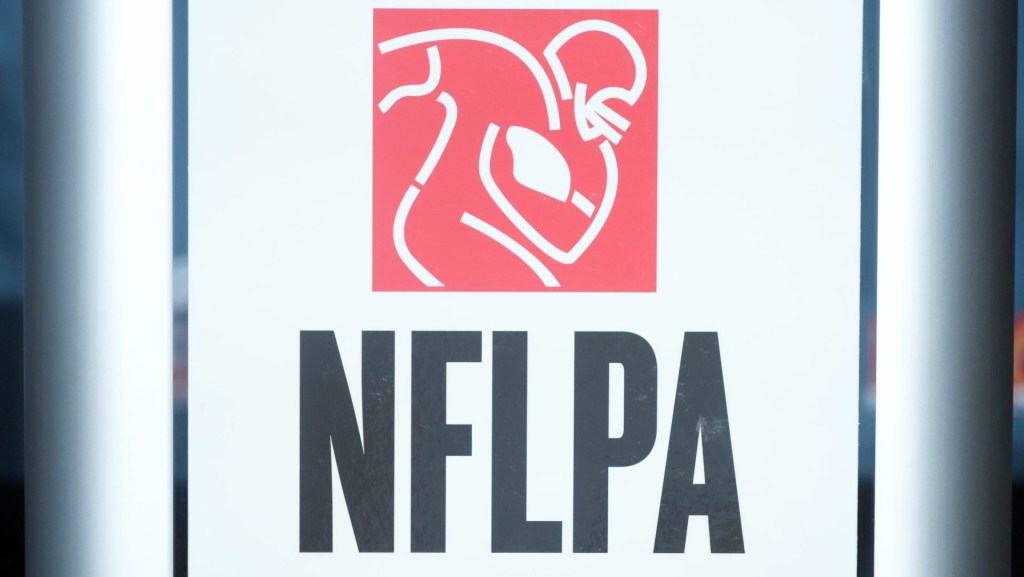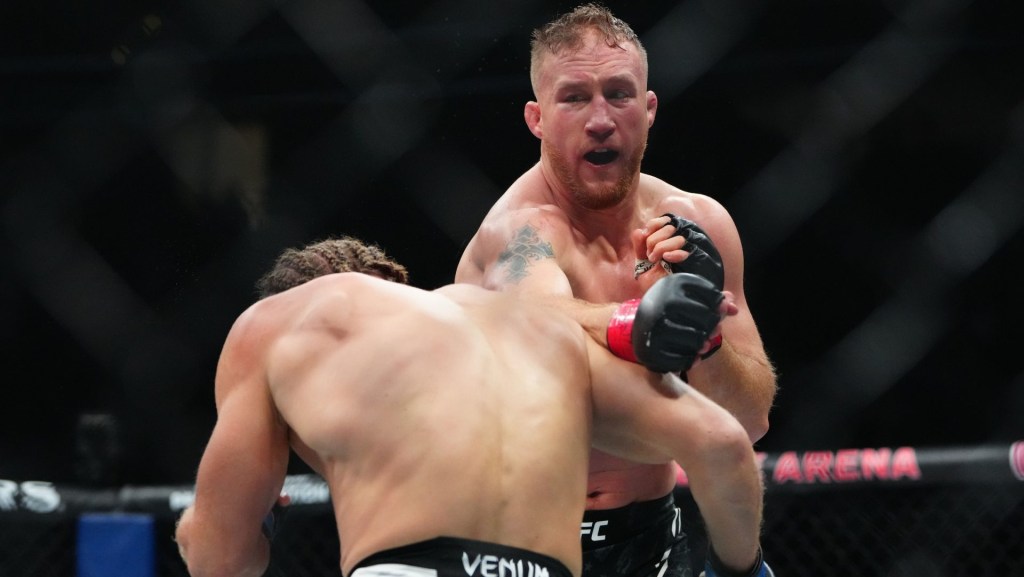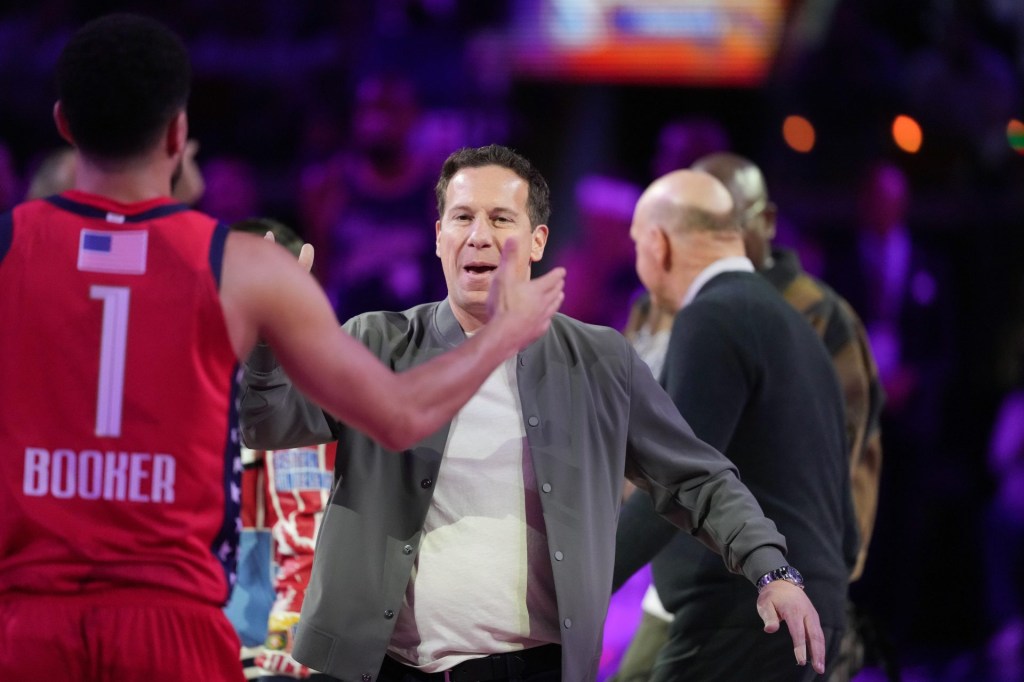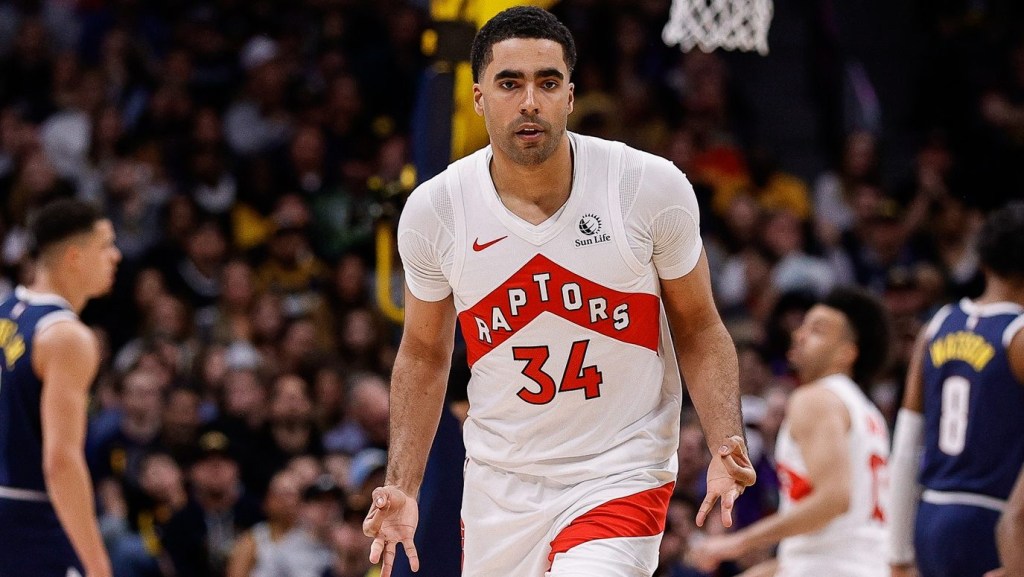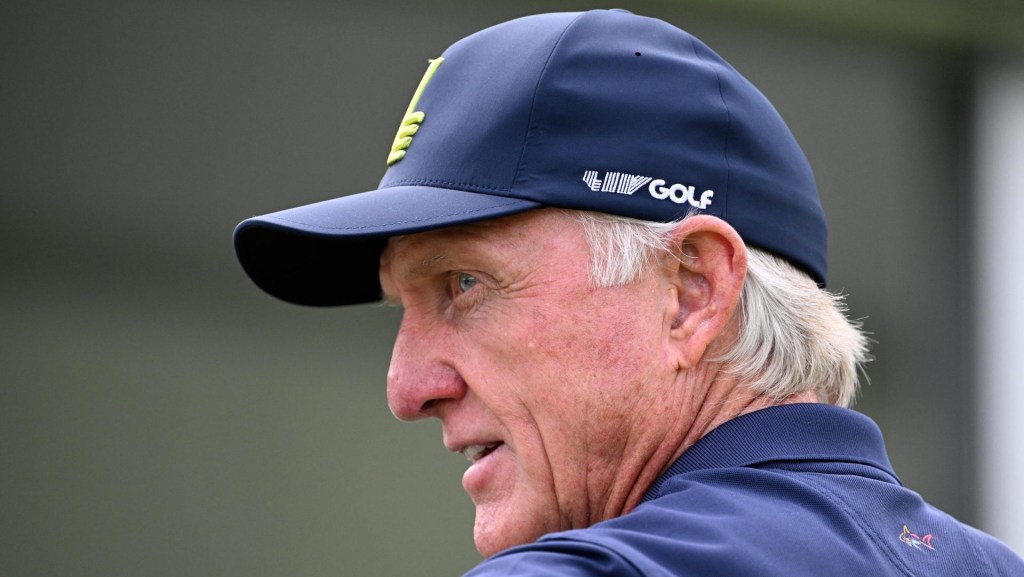As Lionel Messi’s arrival in MLS stands as the league’s biggest coup in its 28-season history, Philadelphia Union captain Alejandro Bedoya is advocating for the league to raise its salary cap to keep pushing American soccer forward ahead of the 2026 World Cup on U.S. soil.
“I’m interested to see if there’s any changes in the short term to the salary cap and the ability for owners to acquire players or to pay players,” Bedoya told Front Office Sports. “Because I think that there’s teams out there that if they could, they would spend more.”
MLS teams have a base salary cap of $5,210,000 under its current CBA that runs through 2027. The maximum salary cap hit for a rostered player is $651,250. But teams are allowed to sign three designated players whose salaries will count for only $612,500 against the cap, regardless of what they earn — which enabled Inter Miami owners Jorge Mas and David Beckham to pay Messi between $50 million to $60 million per year.
“I think you have ownership groups, especially some of the new ones that have come in, they’re paying these exorbitant, really high franchise value expansion fees, soccer specific stadiums that have been built. There’s a lot more money in the game — I think there are rumblings about how some owners and teams can not have to be restricted by such a hard salary cap,” Bedoya said. “I think that could help grow the game a little bit faster in the lead up to the World Cup.
“Americans, we know how to put on a show when it comes to sports entertainment. I have no doubts that the World Cup will be the biggest revenue-based World Cup ever by far in terms of the dollars that FIFA and the economic impact that every city in America is gonna have.”
Bedoya, 36, has played in MLS since 2016 and was part of the U.S. men’s national team for the 2014 World Cup. The midfielder recently invested in a $5 million funding round for ScorePlay, a media distribution platform used by sports teams and athletes. With Messi in Miami, Bedoya now sees MLS being at an “inflection point.”
“It’s a seminal moment for the league. We’ve reached an inflection point, with Messi here and the Apple deal, which creates even more visibility for the league on a global scale,” Bedoya said. “For me, the only change I see that could be implemented anytime soon to propel the league even further is if that hard salary cap gets loosened a bit.”
Since Inter Miami was established in 2018, Bedoya says players around MLS were waiting for the club to sign Messi or Cristiano Ronaldo, who instead jetted to Saudi Arabia for around $215 million per year. Messi reportedly rejected a much larger deal from Saudi Arabia to play in MLS, where he’s entered revenue-sharing agreements with sponsors Apple and Adidas.
“The rumblings as a player in the league were always that Miami was either going to get Ronaldo or Messi. Which was going to come first?” Bedoya said. “It speaks volumes to how far MLS has come that even though Messi was offered substantially more money in the Saudi league or perhaps other leagues as well, that he decided to come to MLS. I think that’s indicative of the state of our league, and what the ownership groups and [commissioner] Don Garber and us players have been able to build,” he adds. “You have the best player in the world playing for Inter Miami — not just one of the best. As a player, I think it’s amazing.”
Bedoya is among the most entrepreneurial-minded athletes in MLS, with his investments ranging from NIL compliance software Athliance, New York-based padel club Padel Haus, and creative artist consulting agency ICNCLST. He is also co-chairman of the Athlete Venture Group at the Philadelphia-based venture capital firm SeventySix Capital.
“I think when it’s all said and done, we’ll see that the Apple deal was a great one,” Bedoya said. “Apple has come out and said that they’ve been very pleased with the numbers already from the subscriptions and things like that. I’m sure with Messi on board on a global scale, it’s going to increase that even more in terms of subscriptions, eyes on the league.”
While MLS can’t financially compete with Saudi Arabia, Messi and reportedly Kylian Mbappé have rejected the Kingdom’s record-breaking offers to play in the Saudi Pro League.
“We’ve seen it before, the Chinese League tried to spend a lot, the Saudis seem like they’re spending a lot now. You have all these other countries vying for their place in the soccer landscape, but MLS is obviously here to stay, and it’s on the rise,” Bedoya said. “The quality of play keeps getting better, the stadiums and training facilities are world-class. Fans in the stands watching games continue to go up. I think the league finds itself in a very great position right now.”
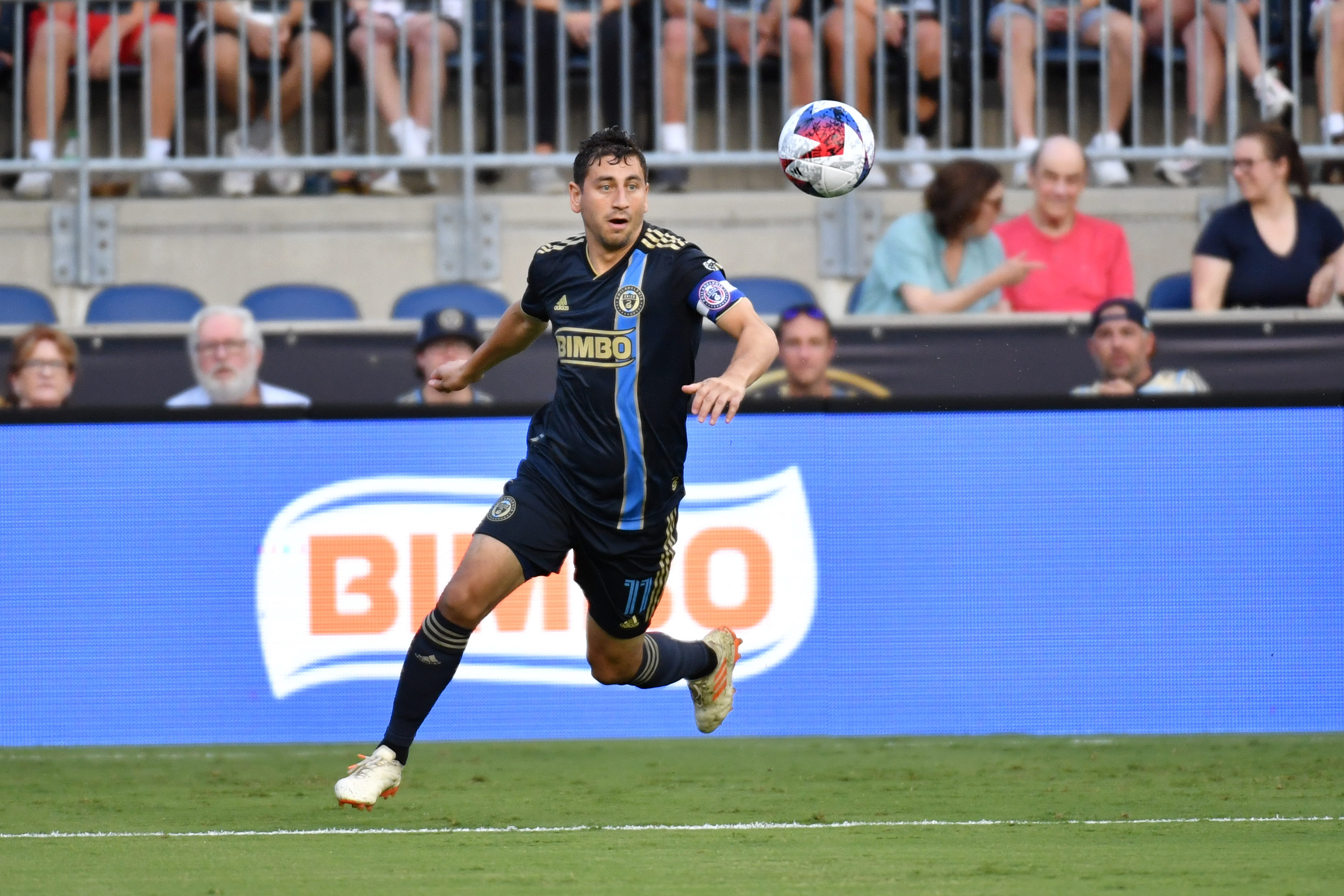
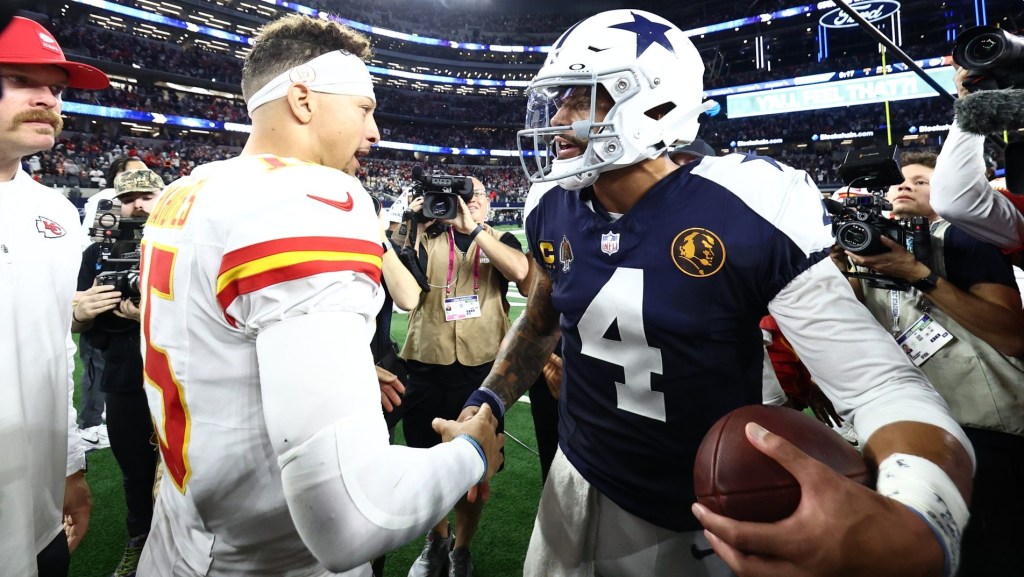
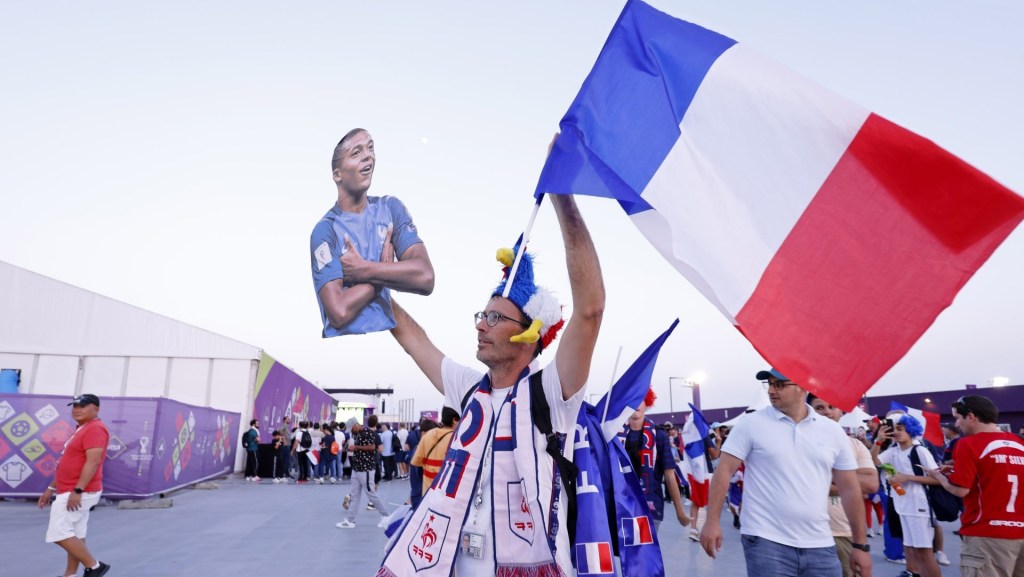
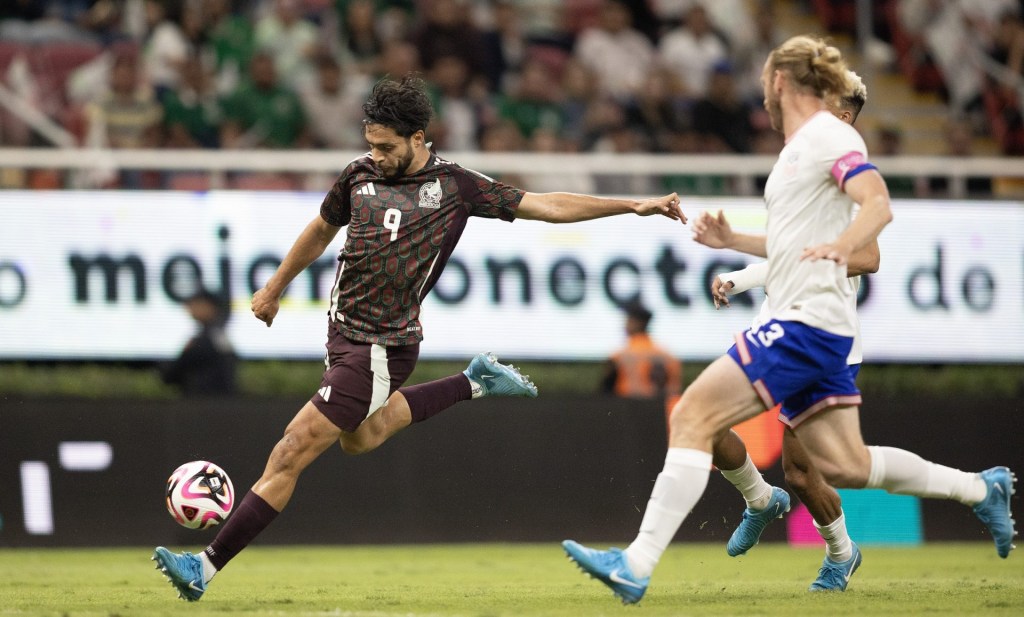
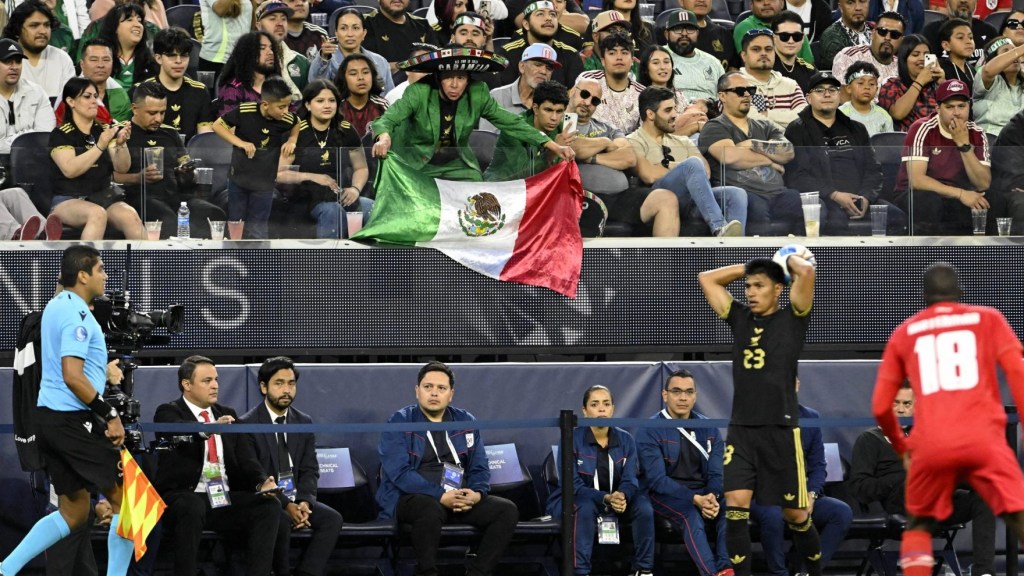

![[Subscription Customers Only] Jun 15, 2025; Seattle, Washington, USA; Botafogo owner John Textor inside the stadium before the match during a group stage match of the 2025 FIFA Club World Cup at Lumen Field.](https://frontofficesports.com/wp-content/uploads/2026/02/USATSI_26465842_168416386_lowres-scaled.jpg?quality=100&w=1024)
![[Subscription Customers Only] Jul 13, 2025; East Rutherford, New Jersey, USA; Chelsea FC midfielder Cole Palmer (10) celebrates winning the final of the 2025 FIFA Club World Cup at MetLife Stadium](https://frontofficesports.com/wp-content/uploads/2026/02/USATSI_26636703-scaled-e1770932227605.jpg?quality=100&w=1024)


